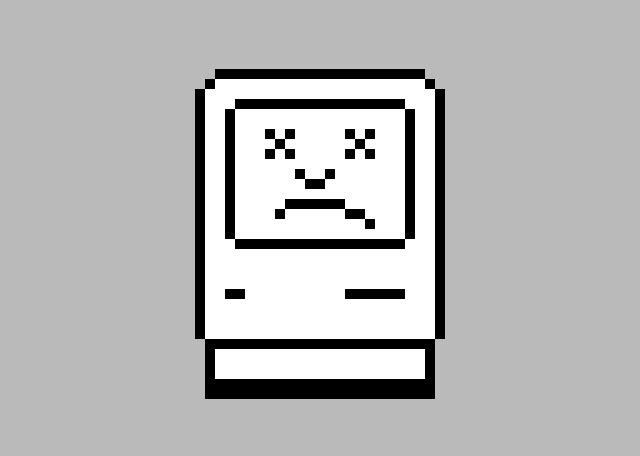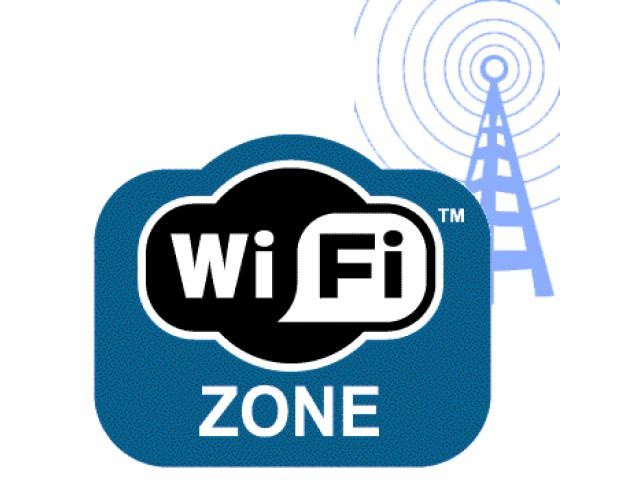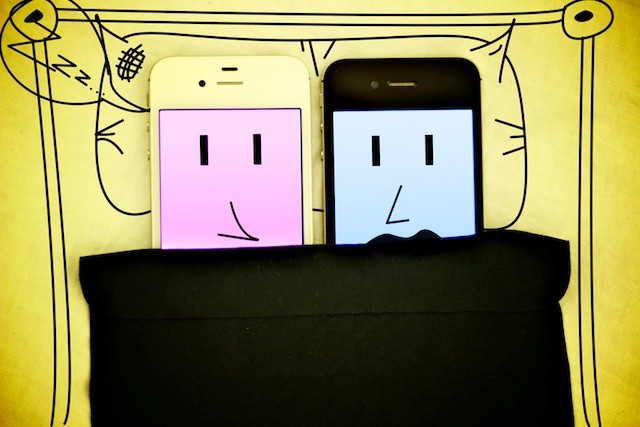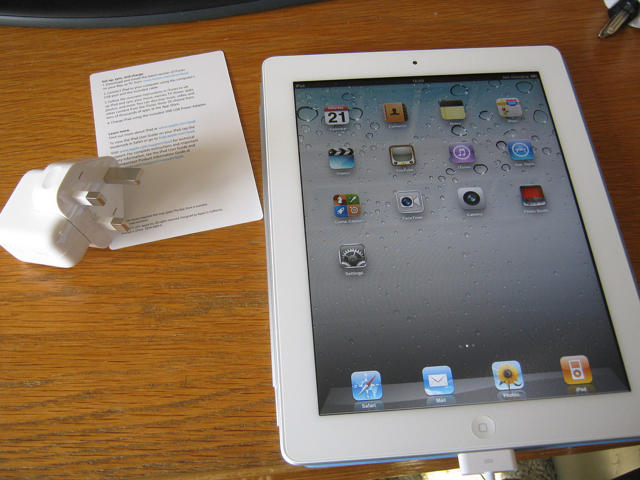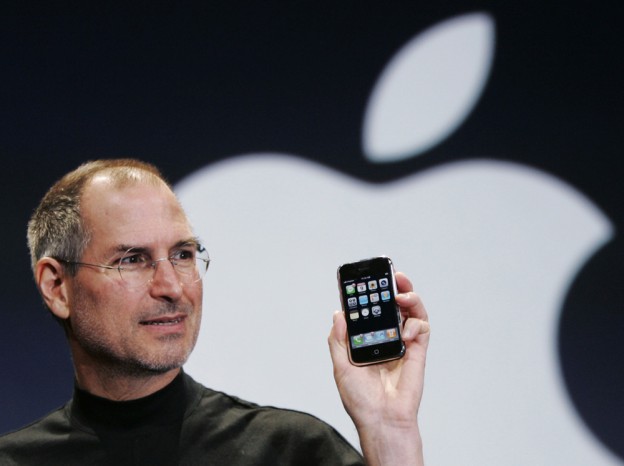 February 21, 2007: Apple comes to an agreement with Cisco over the iPhone trademark, which Cisco legally owns but Apple wants to use.
February 21, 2007: Apple comes to an agreement with Cisco over the iPhone trademark, which Cisco legally owns but Apple wants to use.
Under the agreement, both companies get to use the iPhone trademark on products throughout the world. The two businesses also dismiss outstanding lawsuits against one another, and agree to “explore opportunities for interoperability in the areas of security, and consumer and enterprise communications.”
It’s a classic bit of Steve Jobs steamrolling the opposition.
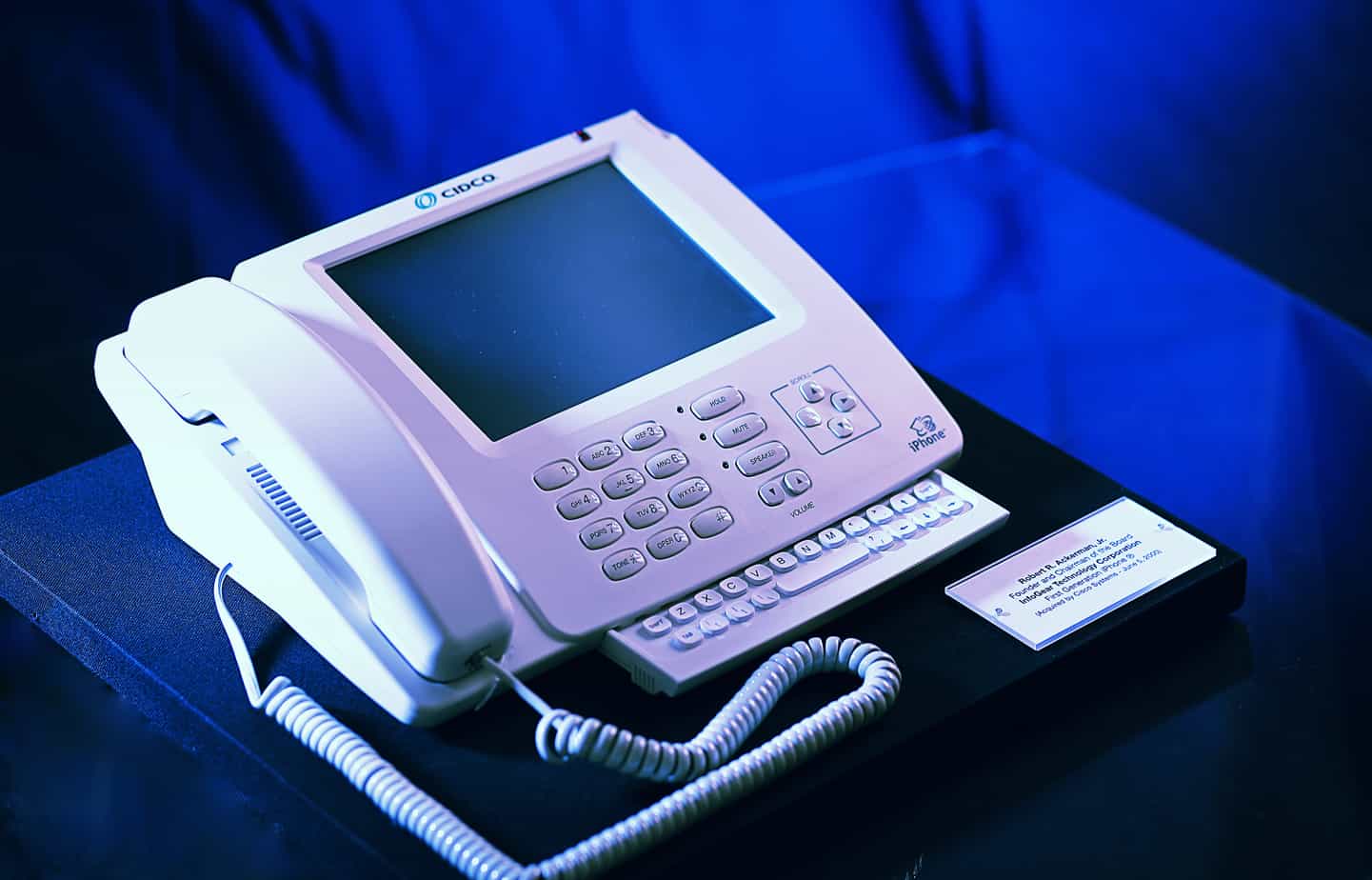
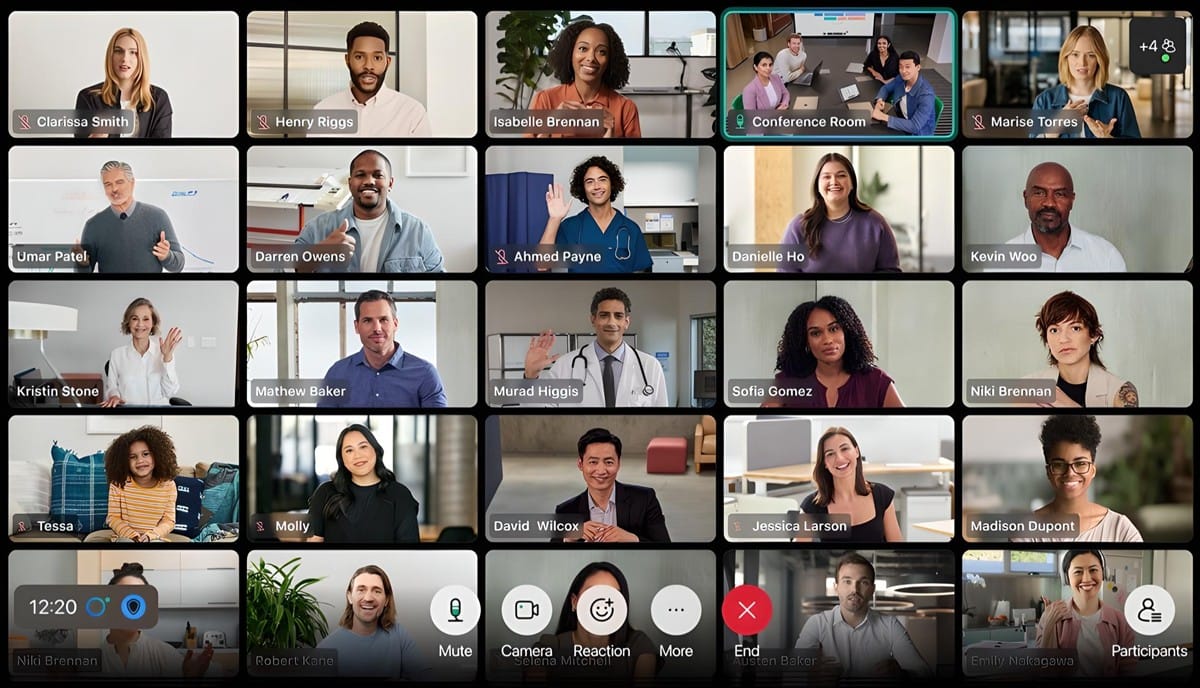

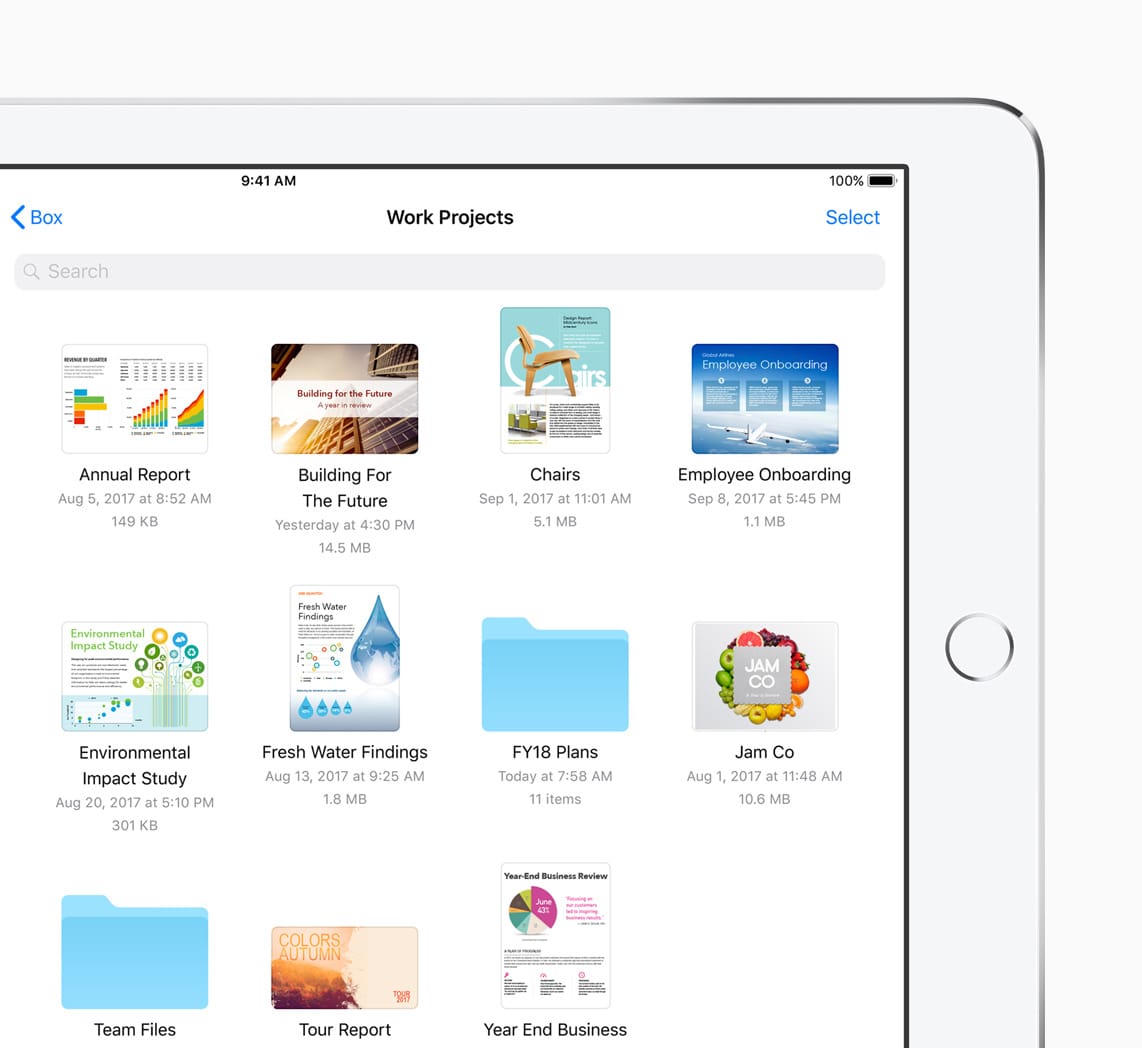
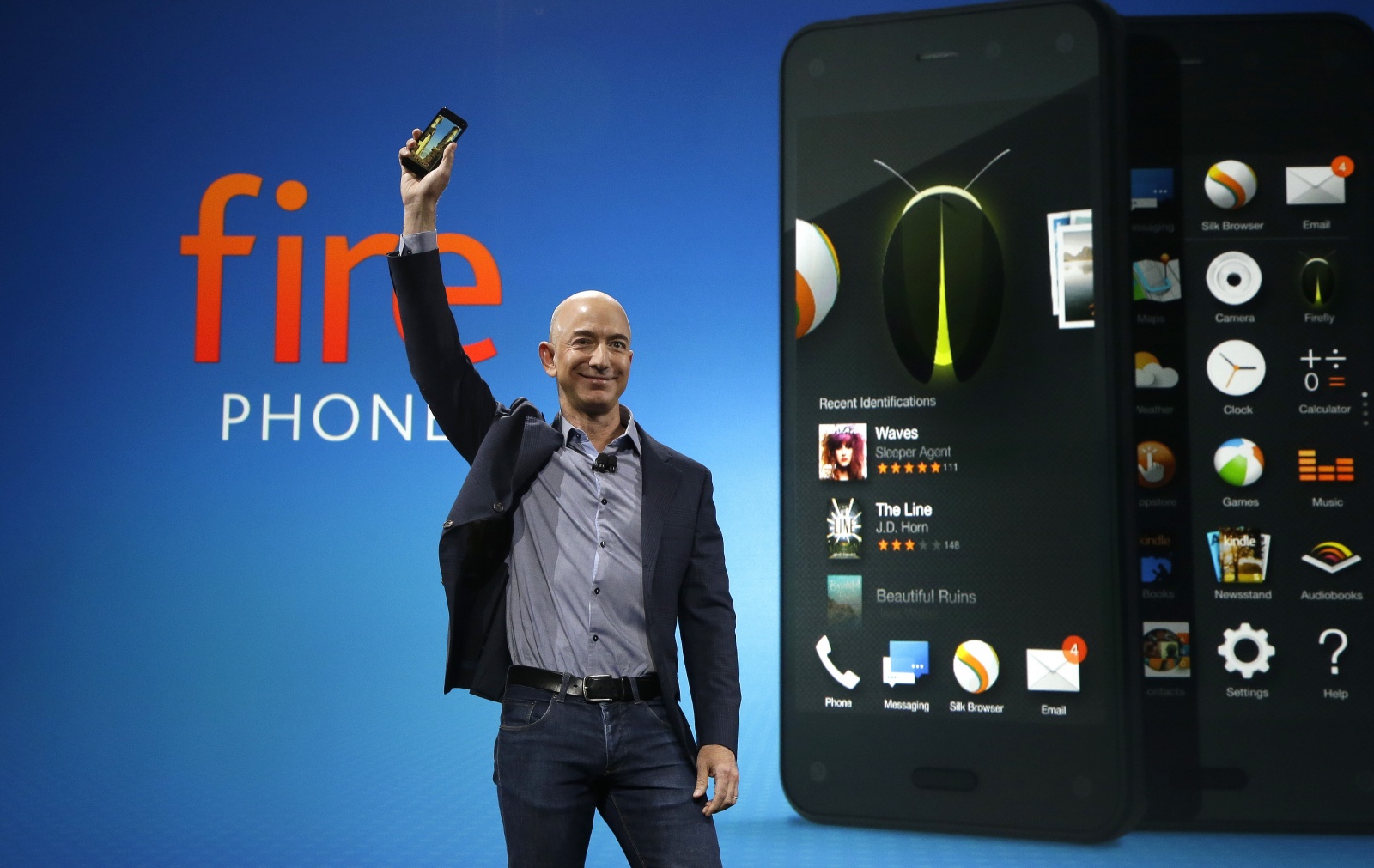
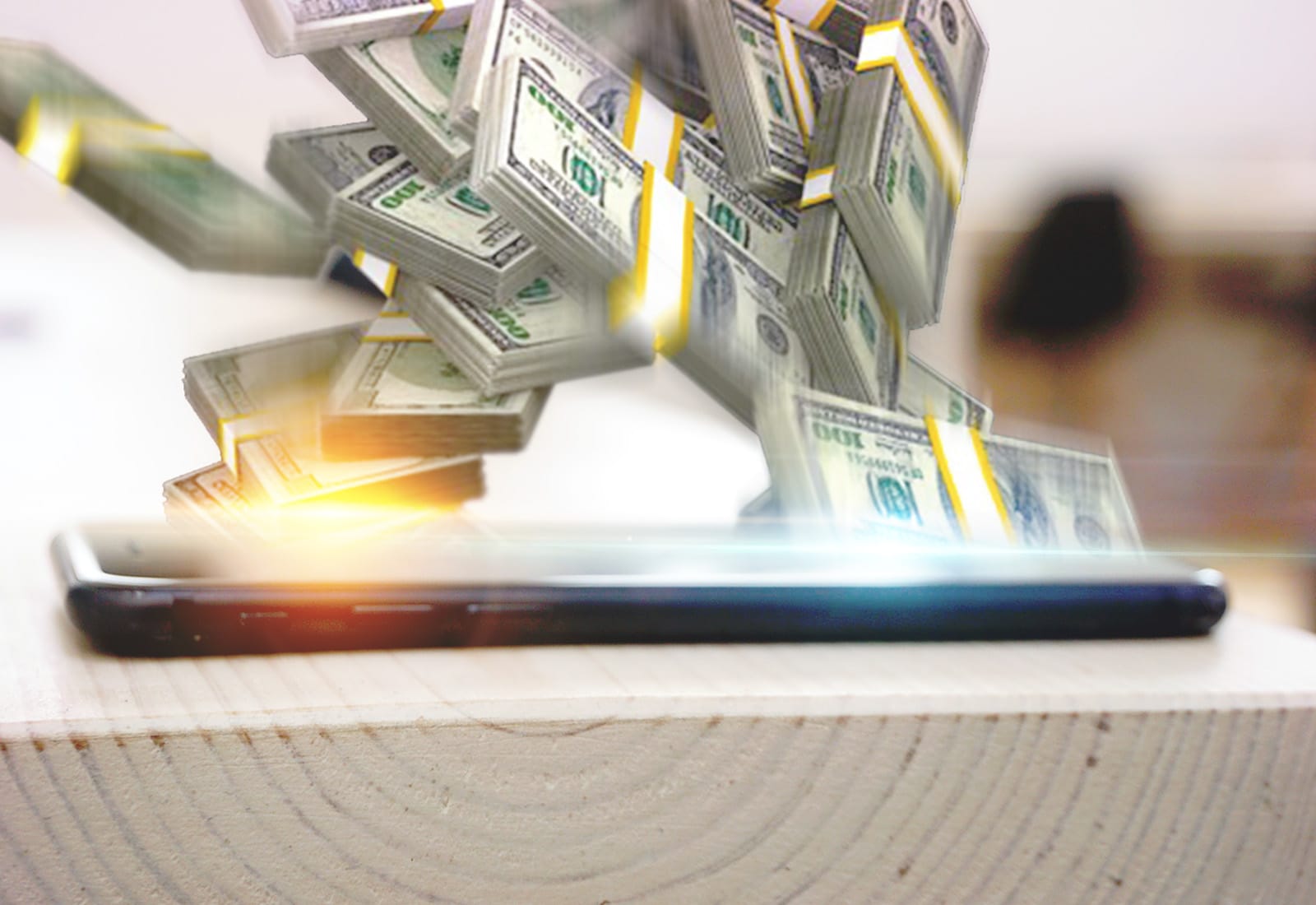

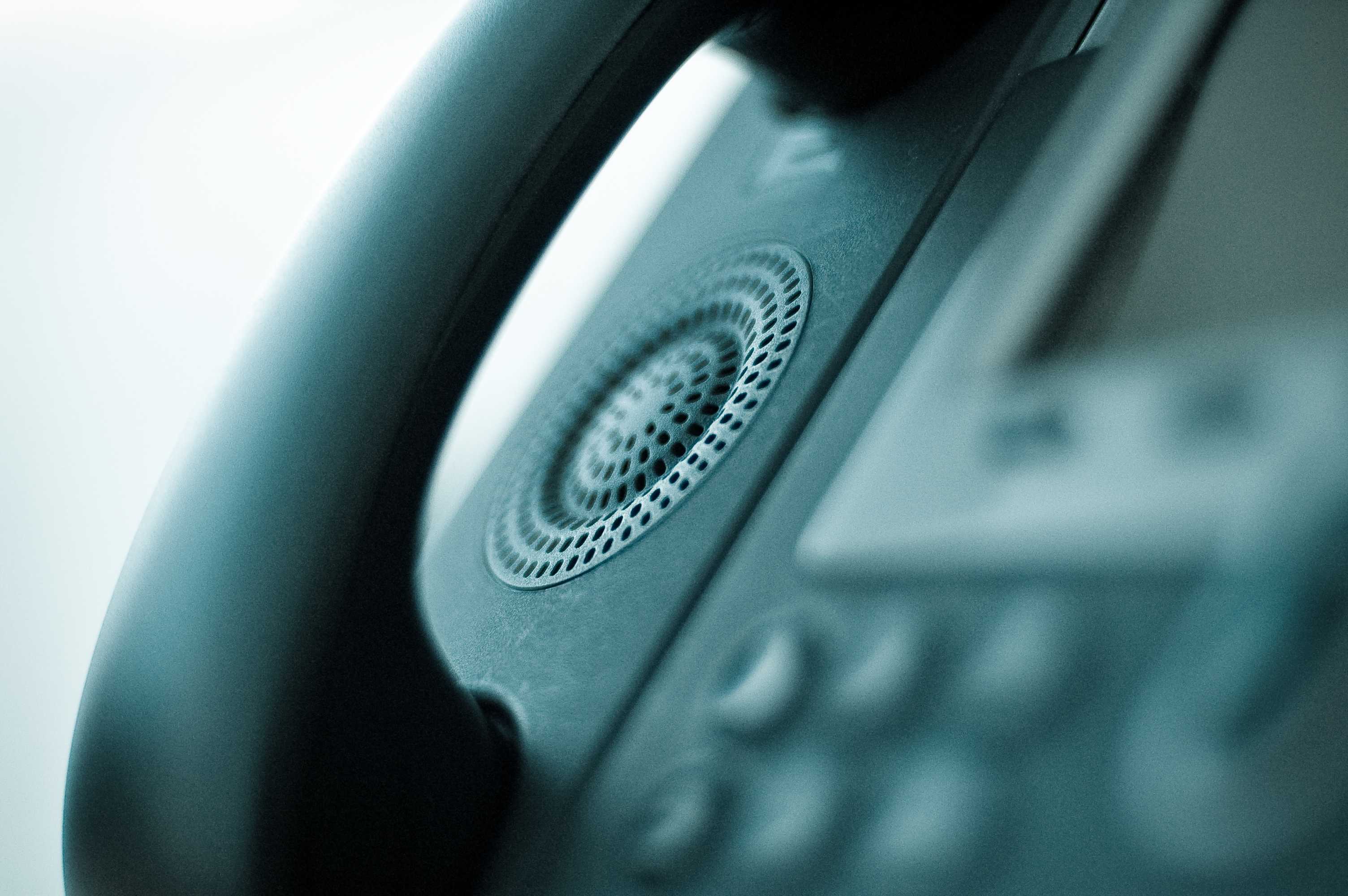
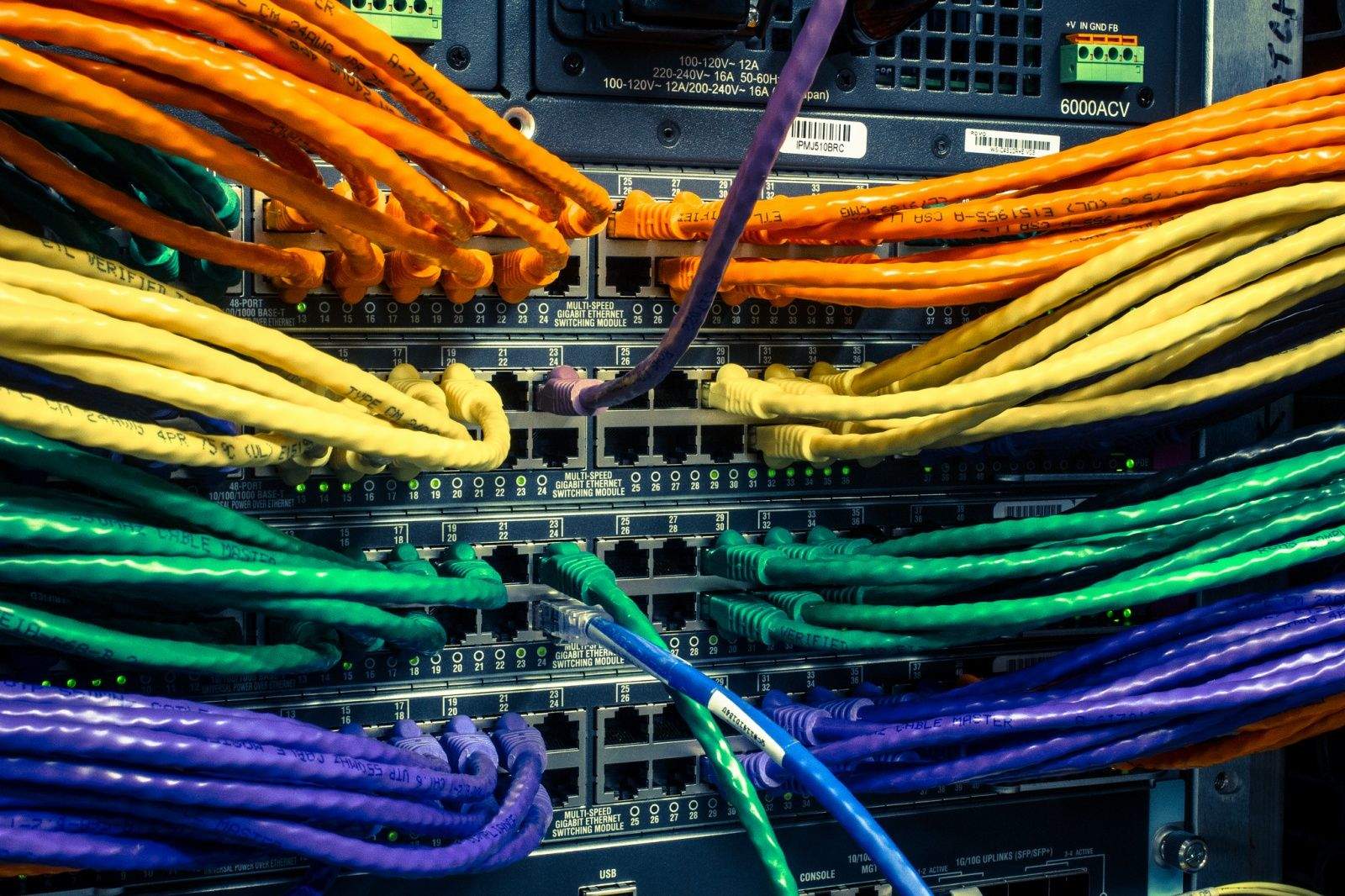


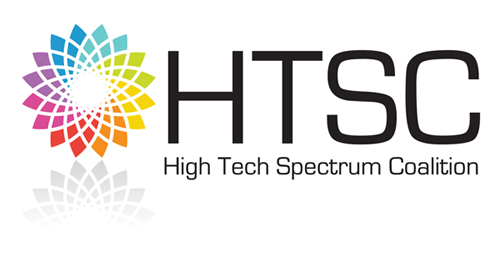


![Cisco’s BYOD Survey Sheds Light On BYOD Popularity And Costs [Update] Cisco study shows BYOD is a reality not a possibility but there are some costs involved](https://www.cultofmac.com/wp-content/uploads/2012/05/finance-ipad1.jpg)
